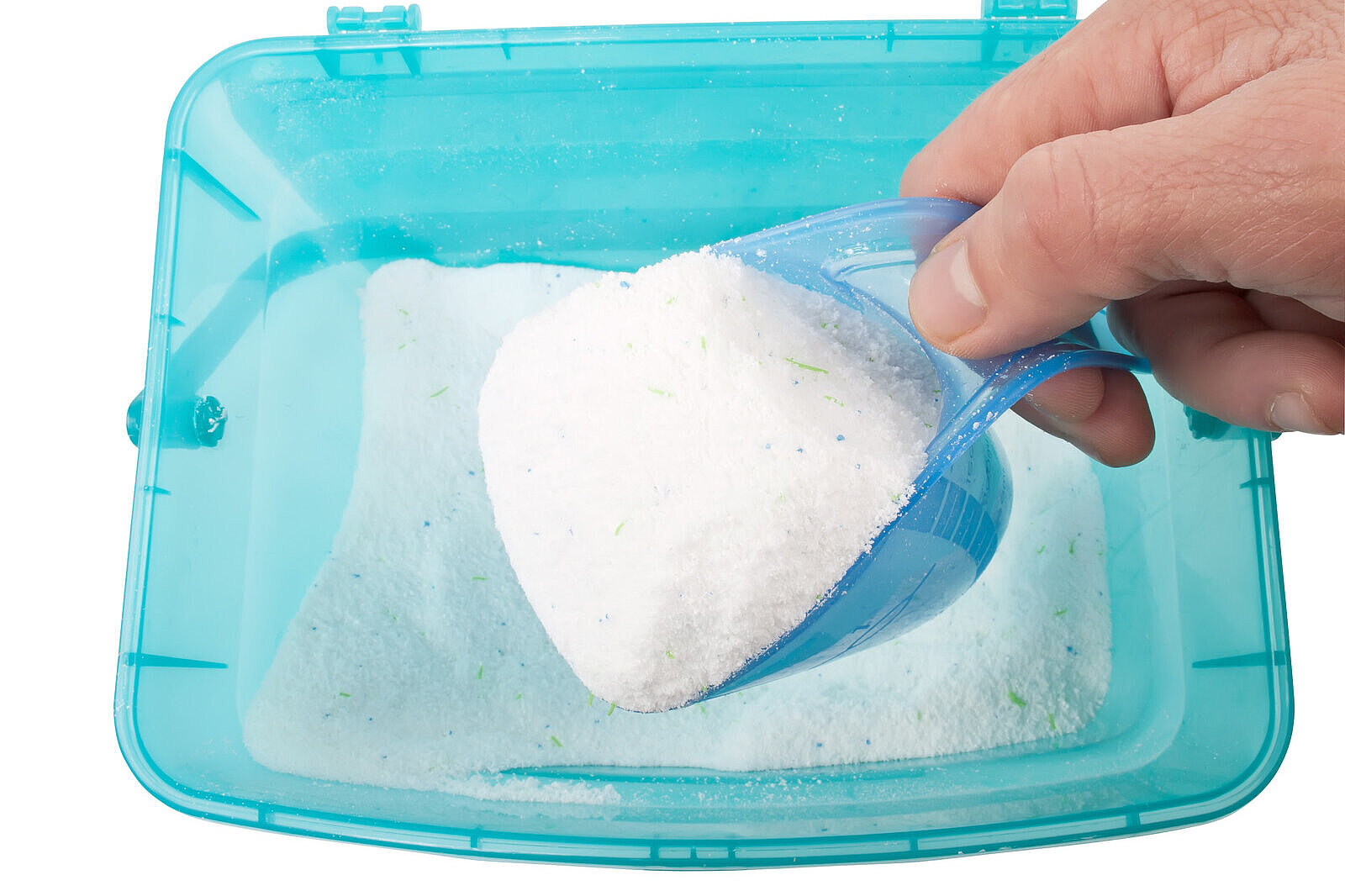Calcium sulphate

Calcium sulphate is a chemical compound of calcium and sulphur that occurs naturally as a mineral. It is also known as gypsum and is used in the construction industry, medicine and food production, among other things. But what does calcium sulphate have to do with dogs? In this article, you will find out what calcium sulphate is, how it affects dogs and what its advantages and disadvantages are.
What is calcium sulphate?
Calcium sulphate is a white, crystalline powder that is slightly soluble in water. It can occur in various forms, depending on how much water it contains. The best-known form is gypsum, which consists of two water molecules per calcium sulphate molecule. Plaster is used, for example, for plastering walls or applying plaster casts. Another form is anhydrous anhydrite, which is used as a fertilizer, for example.
Calcium sulphate also occurs naturally in some foods, such as nuts, seeds, cereals, vegetables and dairy products. It is also used as a food additive with the designation E 516. It has various functions, such as:
- As an acidity regulator to influence the pH value of foods
- As a firming agent to improve the consistency of foods
- As a carrier to distribute other additives
- As a release agent to prevent food from clumping together
How does calcium sulphate affect dogs?
Calcium sulphate is generally not toxic to dogs, but it is not necessarily healthy either. It has both positive and negative effects on the dog's body.
Benefits of calcium sulphate for dogs
Calcium sulphate can have some benefits for dogs, especially when it comes to the supply of the mineral calcium. Calcium is very important for dogs because it is involved in many functions in the body, such as
- The formation and maintenance of bones and teeth
- Muscle contraction and relaxation
- Blood clotting
- Activation of hormones and enzymes
- The stabilization of cell membranes
The calcium requirement of dogs is around 50 milligrams per kilogram of body weight per day. This requirement can vary depending on age, state of health and feeding method. Puppies, pregnant or lactating bitches and active dogs have an increased calcium requirement.
Calcium sulphate can be a source of calcium if it is consumed in small amounts in the diet. It can be used in BARF (Biologically Appropriate Raw Food) diets, for example, to increase the calcium content of meals. However, attention should always be paid to the correct ratio of calcium to phosphorus, which should be around 1:1 to 2:1.
Disadvantages of calcium sulphate for dogs
However, calcium sulphate can also have some disadvantages for dogs, especially if it is ingested in large quantities through food or drinking water. It can then lead to an oversupply of calcium, which can cause various health problems.
For example, an oversupply of calcium can have the following consequences:
- A disturbance of the calcium metabolism, which can lead to hypercalcemia (increased calcium levels in the blood)
- Impairment of the absorption of other minerals such as magnesium, iron or zinc
- Calcification of organs such as the kidneys, heart or lungs
- The formation of urinary stones, especially calcium oxalate stones, which can be very painful and may require surgery
An oversupply of calcium can occur, especially in dogs that are given too much dairy products, bones or calcium-rich food supplements. An oversupply of vitamin D can also increase calcium intake and lead to an oversupply.
Calcium sulphate is not fundamentally harmful for dogs, but it is not absolutely necessary either. In small quantities it can serve as a source of calcium, but in large quantities it can lead to an oversupply of calcium. Care should therefore always be taken to ensure the correct dosage and the correct ratio of calcium to phosphorus. Other factors such as the pH value of the urine, fluid intake and the dog's exercise should also be taken into account to minimize the risk of urinary stones.
If you notice any signs of hypersensitivity or poisoning in your dog, you should see your vet immediately. We are not a substitute for a vet, but we try to be as accurate as possible. Every dog reacts differently and we recommend you get a second opinion or consult your vet if in doubt.
Stay healthy and take good care of your four-legged friend!😊
Similar to Calcium sulphate
Magnesium sulphate is a chemical compound of magnesium, sulphur and oxygen. It is known for its many uses, from agriculture to medicine to animal care. For dogs, magnesium sulfate can be used both...
Sodium sulphate is a white, crystalline powder that dissolves well in water. It has the chemical formula Na2SO4 and is also known as Glauber's salt. Sodium sulphate can be obtained from natural...
Potassium sulphate (K2SO4) is a white, crystalline salt that occurs naturally in mineral form and can also be produced synthetically. It is known for its use as a fertilizer as it provides two...
Calcium chloride is a salt that consists of two parts chlorine and one part calcium. It is a white, crystalline powder that dissolves easily in water. Calcium chloride has various properties that...



